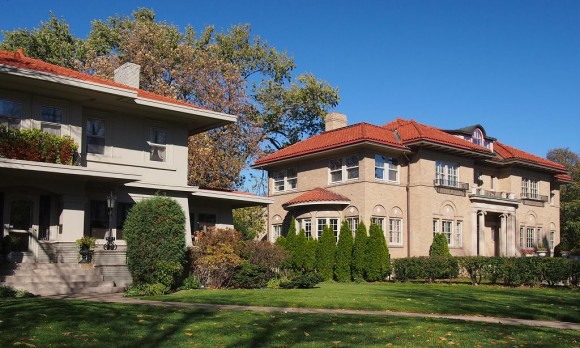Last updated on January 2, 2016

From an article on the high-end housing market in the Twin Cities published in the Star Tribune on Christmas:
Upper-end homes always take longer to sell than those that are closer to the market median. At the very top, the scarcity of comparable homes means that pricing is part art and part science. Agents are often at the mercy of their clients, who are sometimes out of touch with what’s happening in the market.
“You have to balance the relative demand in the market and the taste of buyers,” Berg said. “But you have to balance that against a lot of factors including what a seller has put into the property, which is sometimes irrelevant and has nothing to do with fair market value.”
This made me think about the concept of sunk cost which, as per Wikipedia, is “a cost that has already been incurred and cannot be recovered.”
In economics, sunk costs do not matter at the margin. That is, when taking marginal decisions, all that matters are the marginal cost and benefit. Irrecoverable costs should not factor in your decision. Richard Posner has a good illustration of the idea that sunk costs should not matter at the margin in his Economic Analysis of Law:
[C]ost to an economist is a forward-looking concept. Sunk (incurred) costs do not affect decisions on price and quantity. Suppose that a life-sized porcelain white elephant cost $1,000 to build ($1,000 being the alternative price of the inputs that went into making it) but that the most anyone will pay for it now that it is built is $10. The fact that $1,000 was sunk in making it will not affect the price at which it is sold, provided the seller is rational; for if he were to take the position that he would not sell it for less than it cost him to make it, the only result would be that instead of losing $990 he would lose $1,000.
The Star Tribune article hints at the fact that sunk costs don’t matter on the housing market. This is best illustrated by a personal anecdote. When we sold our house in North Carolina in 2013, we had just replaced the furnace and AC the year before. But this is not something that factored in whether we would accept or reject an offer–we had already incurred that cost, it was irrecoverable, and the only thing that mattered was to receive the highest possible offer.
(At the end of the day, however, we ended up not putting our house on the market and selling to a colleague who really wanted to live in our neighborhood. We thus decided to dispense with the transaction costs and take what amounted to a very reasonable offer.)
Think, however, about what would have happened had we decided not to replace the furnace and the AC. In that case, the fact that the furnace and AC needed to be replaced surely would have come up during the inspection, and prospective buyers would either have asked us to do the work before they moved in, or reduce our selling price in expectation that they would have to get that work done themselves.
But if sunk costs don’t matter in one case, why should they matter in the other? That is, if we could not ask for a higher price in order to recoup the cost of the new furnace and AC, how could buyers make a lower offer in expectation of having to replace the furnace and AC themselves? Do sunk costs matter asymmetrically?
Going back to the Posner quote above gives us a hint as to how we can resolve the seeming sunk cost asymmetry: “Cost to an economist is a forward-looking concept.” In other words, what matters when taking a decision are the costs that are forthcoming–those that have already been incurred and which are irrecoverable do not matter, and they do not matter precisely because they cannot be recovered.
In the case of the seller of a house having installed a new furnace and AC, the cost has already been incurred, and it is irrecoverable. In the case of the buyer of a house looking at having to install a new furnace and AC, the cost has not already been incurred, and the money could be used for other things. Thus, the seeming contradiction does not arise from the fact that sunk costs matter asymmetrically–it arises because in one case the cost is sunk, and in the other it is not.